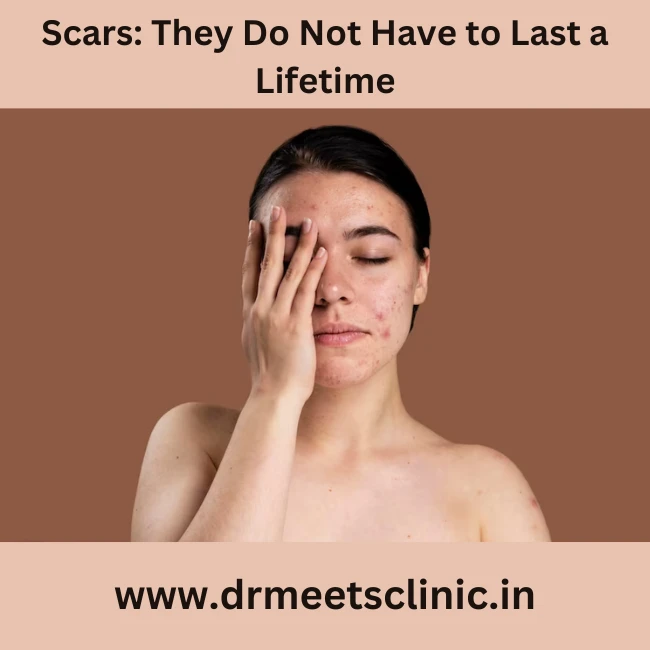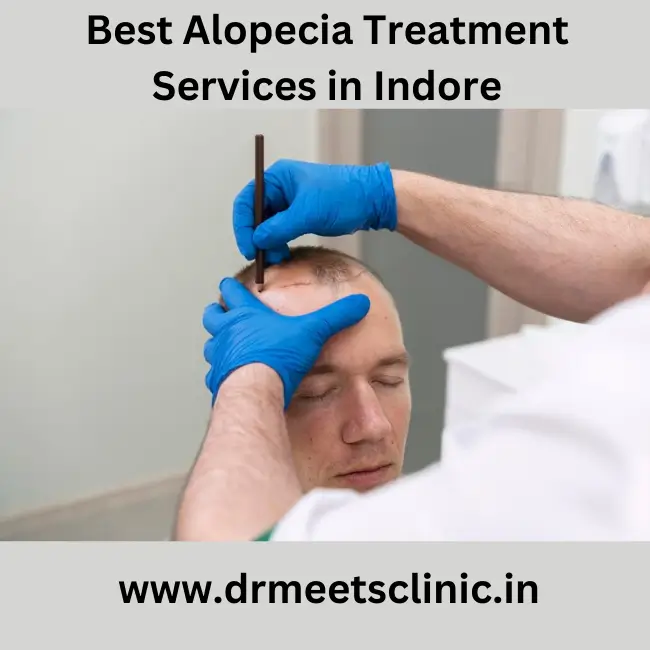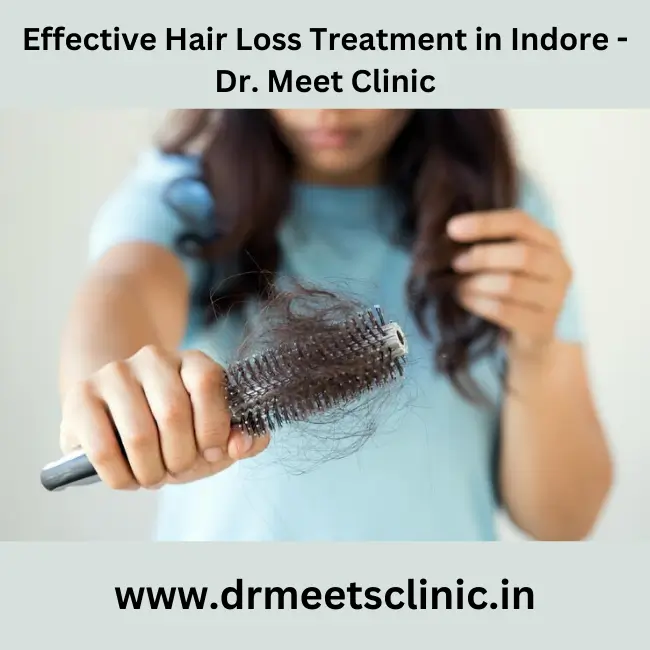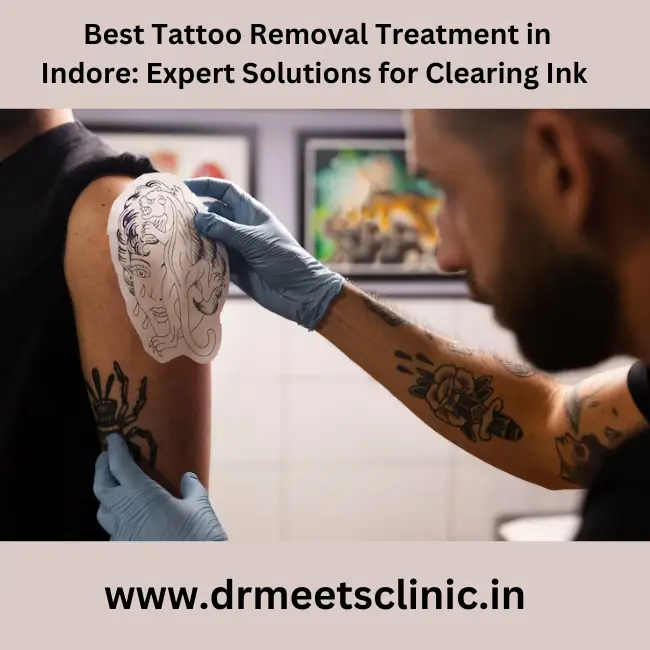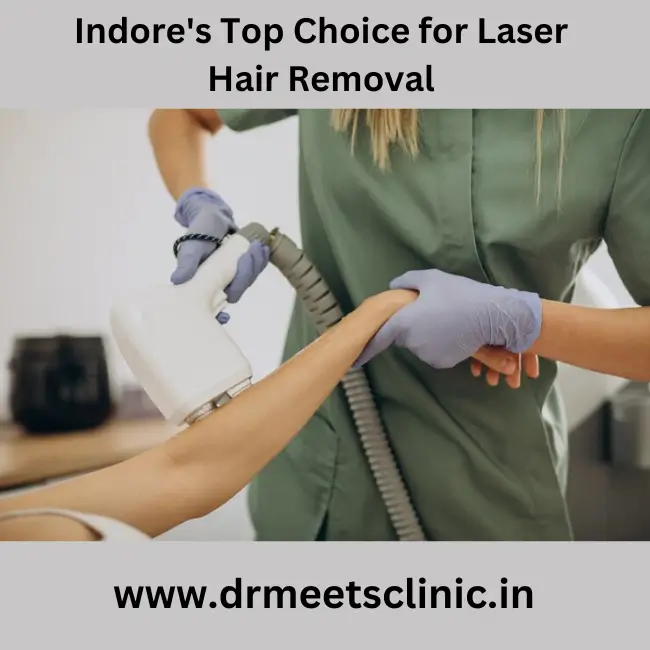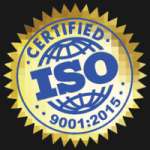Having a scar can be a constant reminder of a past injury or surgery, and it can affect our self-esteem and confidence. However, the good news is that scars do not have to last a lifetime. With the right knowledge and strategies, you can effectively manage and minimize the appearance of scars. In this article, we will explore various techniques and treatments to help you diminish the visibility of scars, allowing you to embrace your skin with confidence.
Scars are a natural part of the healing process, but they can often leave a lasting mark on our skin. Whether it’s from an accident, surgery, or a skin condition, scars can vary in size, shape, and texture. While some scars may fade over time on their own, others may require additional intervention to reduce their visibility. The key is to understand that scars do not have to be permanent and that there are steps you can take to help minimize their appearance.
Embrace Scar Massage
One effective technique for scar management is scar massage. Massaging the scar tissue helps to break down the collagen fibers, promoting better alignment and reducing the appearance of raised or hypertrophic scars. By applying gentle pressure and circular motions to the scar, you can stimulate blood flow, promote healing, and improve the overall texture and flexibility of the skin. It’s important to be consistent with scar massage and continue the practice for several weeks or months to see optimal results.
Explore Topical Treatments
There are various topical treatments available that can help in reducing the appearance of scars. These treatments often contain ingredients like silicone, vitamin E, aloe vera, and onion extract, which are known to have positive effects on scar healing. Silicone gel or sheets, for example, create a protective barrier over the scar and help maintain moisture, resulting in a flatter and less visible scar. It’s important to follow the instructions provided with the topical treatment and be patient as results may take time to become noticeable.
Laser Therapy for Scar Reduction
Laser therapy is another option for scar reduction. This non-invasive treatment uses focused light beams to target the scar tissue, stimulating the production of new collagen and breaking down the excess scar tissue. Laser therapy can help improve the color, texture, and overall appearance of the scar. However, it’s essential to consult with a qualified dermatologist or plastic surgeon to determine the most suitable laser treatment for your specific scar type and skin condition.
The Power of Dermabrasion
Dermabrasion is a procedure that involves removing the top layer of skin using a rotating brush or diamond wheel. This technique can help diminish the appearance of scars by smoothing out the skin’s surface and encouraging new skin cell growth. Dermabrasion is particularly effective for acne scars, as it helps to resurface the skin and reduce the visibility of pitted or depressed scars. This procedure is usually performed by a dermatologist or plastic surgeon and may require multiple sessions for optimal results.
Silicone Sheet Therapy
Silicone sheet therapy is a popular and non-invasive approach to scar management. These adhesive sheets are made of medical-grade silicone and are designed to be worn directly on the scar. The sheets create a moist environment that helps soften and flatten the scar tissue, leading to a smoother and less noticeable scar over time. Silicone sheet therapy is generally safe and well-tolerated, making it a convenient option for scar treatment.
FAQ’s
- Q: Can scars be completely removed? A: While it may not be possible to completely remove scars, various treatments and techniques can significantly reduce their visibility and improve their appearance.
- Q: How long does it take for scars to fade? A: The time it takes for scars to fade varies depending on factors such as the size and depth of the scar, your skin type, and the treatment methods used. It can take several months to a year or more for scars to fade significantly.
- Q: Is scar massage painful? A: Scar massage should be performed with gentle pressure and should not be painful. However, it’s important to consult with a healthcare professional or therapist who can guide you on the appropriate massage technique for your specific scar.
- Q: Are there any home remedies for scar management? A: There are some home remedies that may help in scar management, such as applying aloe vera gel, coconut oil, or vitamin E oil to the scar. However, it’s important to note that these remedies may not work for everyone, and it’s best to consult with a healthcare professional for personalized advice.
- Q: Can scar treatment completely flatten raised scars? A: Scar treatments like scar massage, silicone sheets, and laser therapy can help flatten raised scars over time. However, the effectiveness of treatment may vary depending on the individual and the type of scar.
- Q: Are there any risks associated with scar treatments? A: Most scar treatments are safe when performed by professionals. However, there may be some risks and potential side effects associated with certain treatments, such as laser therapy or dermabrasion. It’s important to discuss these risks with a qualified healthcare provider before undergoing any treatment.
Conclusion
In conclusion, scars do not have to last a lifetime. With the right techniques and treatments, you can effectively manage and minimize the appearance of scars. Whether it’s through scar massage, topical treatments, laser therapy, or other interventions, there are options available to help you regain confidence in your skin. Remember to consult with a healthcare professional or dermatologist to determine the most suitable treatment for your specific scar type and individual needs. Embrace the journey of scar management and take steps towards embracing your skin with confidence.







